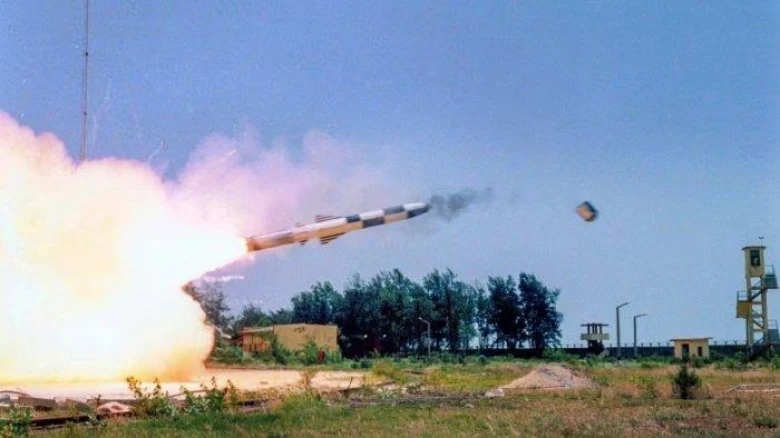International

The Central Government said to the Delhi High Court that the accidental firing of a BrahMos combat missile into Pakistan last year harmed India's...
Digital Desk: The Central Government on Monday justified the termination of three Indian Air Force (IAF) officers for gross negligence and informed the Delhi High Court that the accidental firing of a BrahMos combat missile into Pakistan last year harmed India's relationship with its neighbouring country, along with a loss of Rs 24 crore to the state exchequer.
Reportedly, In a brief affidavit, the Centre opposed a petition filed by Wing Commander Abhinav Sharma against his termination from service. It claimed that the court martial charges of three IAF officers were "inexpedient," considering the sensitive nature of the evidence on record and the fact that the international community was interested in knowing the vital practical aspects of the missile's discharge.
"Given the sensitive nature of the subject matter, which has wide-ranging implications for the security of the State, a conscious and considered decision was made in good faith to terminate the petitioner's service under the President's pleasure clause. Facts and circumstances of the case warranted such action," the government said.
Three Indian Air Force officers were fired in August of last year for the March 9 unintentional launch of a BrahMos missile that landed in Pakistan.
An official statement said that the officers' services were terminated after a Court of Inquiry (CoI) determined that their divergence from the Standard Operating Procedures (SOP) led to the unintentional firing of the missile.
It should be noted that the petitioner challenged the termination order granted to him under Section 18 of the Air Force Act, 1950. He was assigned as an engineering officer at the time of the incident.
The Central Government defended the decision, claiming that it was motivated by public interest and not by hatred. The petitioner was given the opportunity to submit his argument throughout the Court of Inquiry's hearings and he was given considerable leeway in this regard, the Centre said.
In its response, the Central Government refused to address the details on record, claiming that doing so would jeopardize the state's security. But it also stated that the Court of Inquiry's proceedings would be presented in order to properly establish the petitioner's mistakes.
Leave A Comment